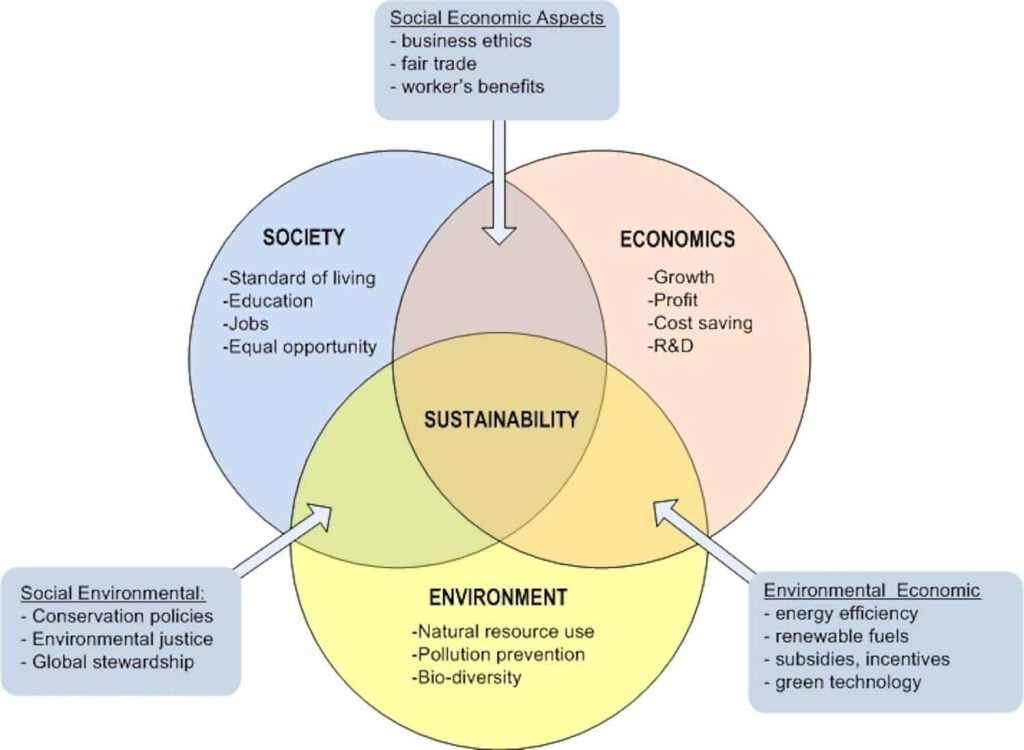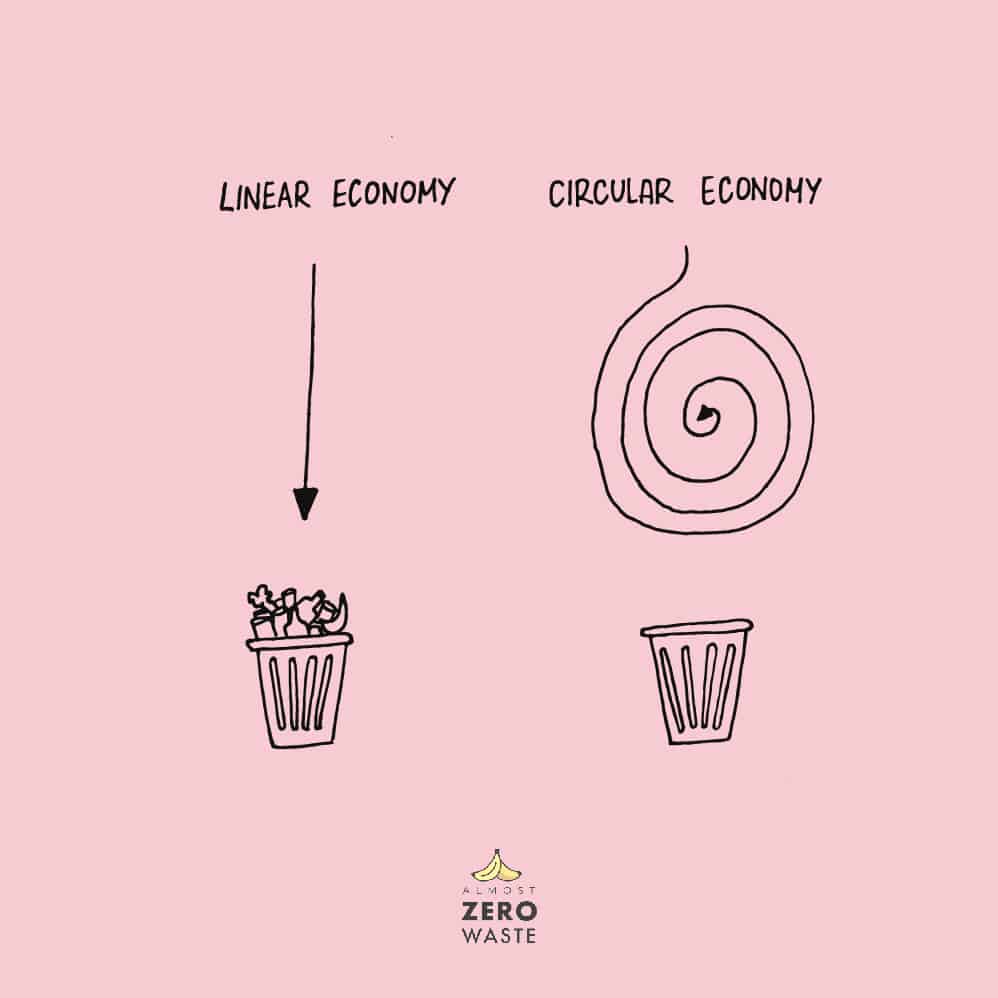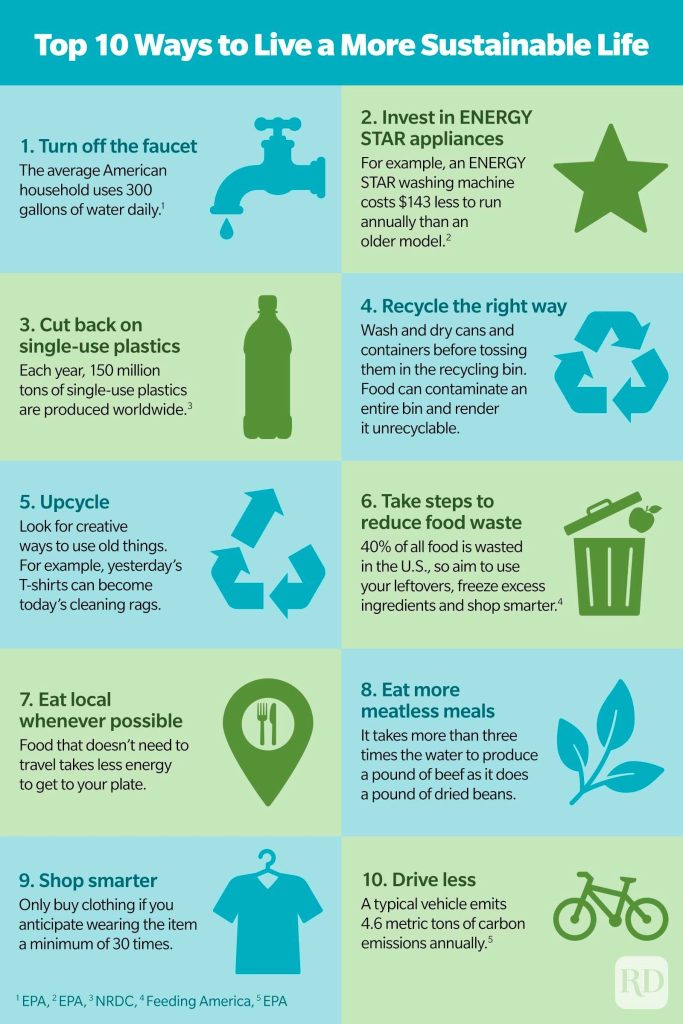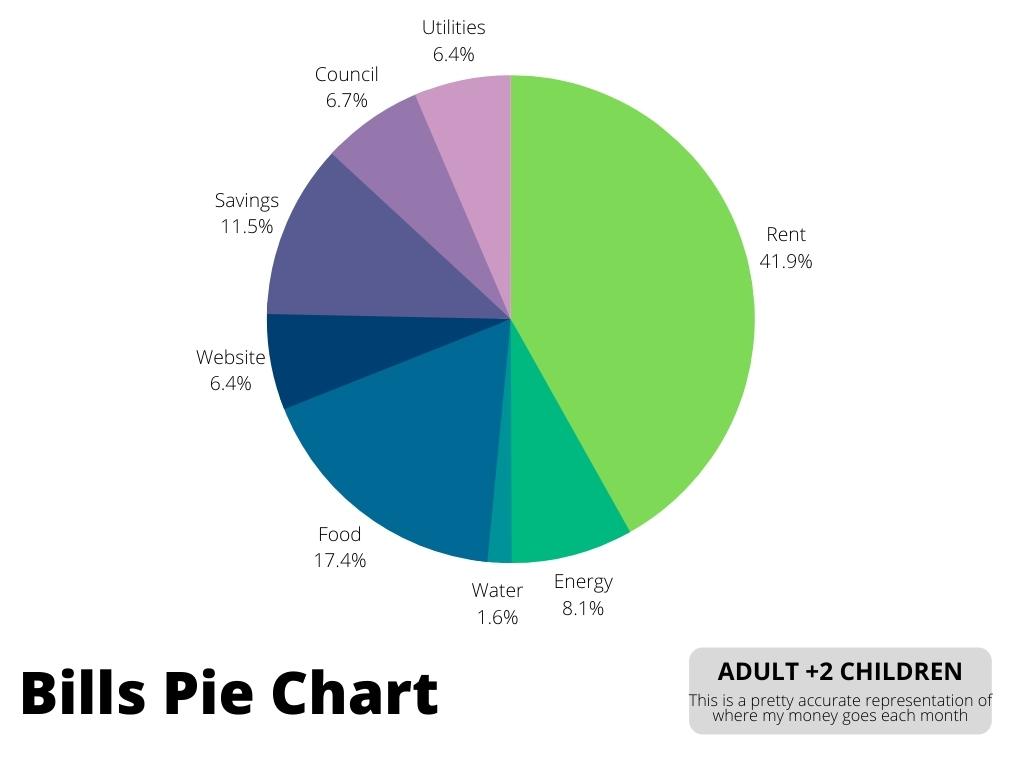Ever wondered what impact sustainable living has on our planet? Well, buckle up because we’re about to dive deep into the world of sustainability and its incredible influence on our environment, society, and future. Sustainable living is more than just a trendy buzzword; it’s a way of life that prioritizes harmony with nature and responsible resource consumption. In this article, we’ll explore the profound effects of sustainable living and why it’s crucial for a healthier and greener world.
When it comes to sustainability, it’s not just about recycling and using energy-efficient light bulbs (although those are important too). Sustainable living encompasses a wide range of practices, from reducing waste and conserving water to embracing renewable energy sources and supporting local communities. By making conscious choices in our daily lives, we can significantly reduce our carbon footprint and contribute to the preservation of our planet for future generations. So, let’s roll up our sleeves and discover the positive impact sustainable living has on our environment, economy, and overall well-being.
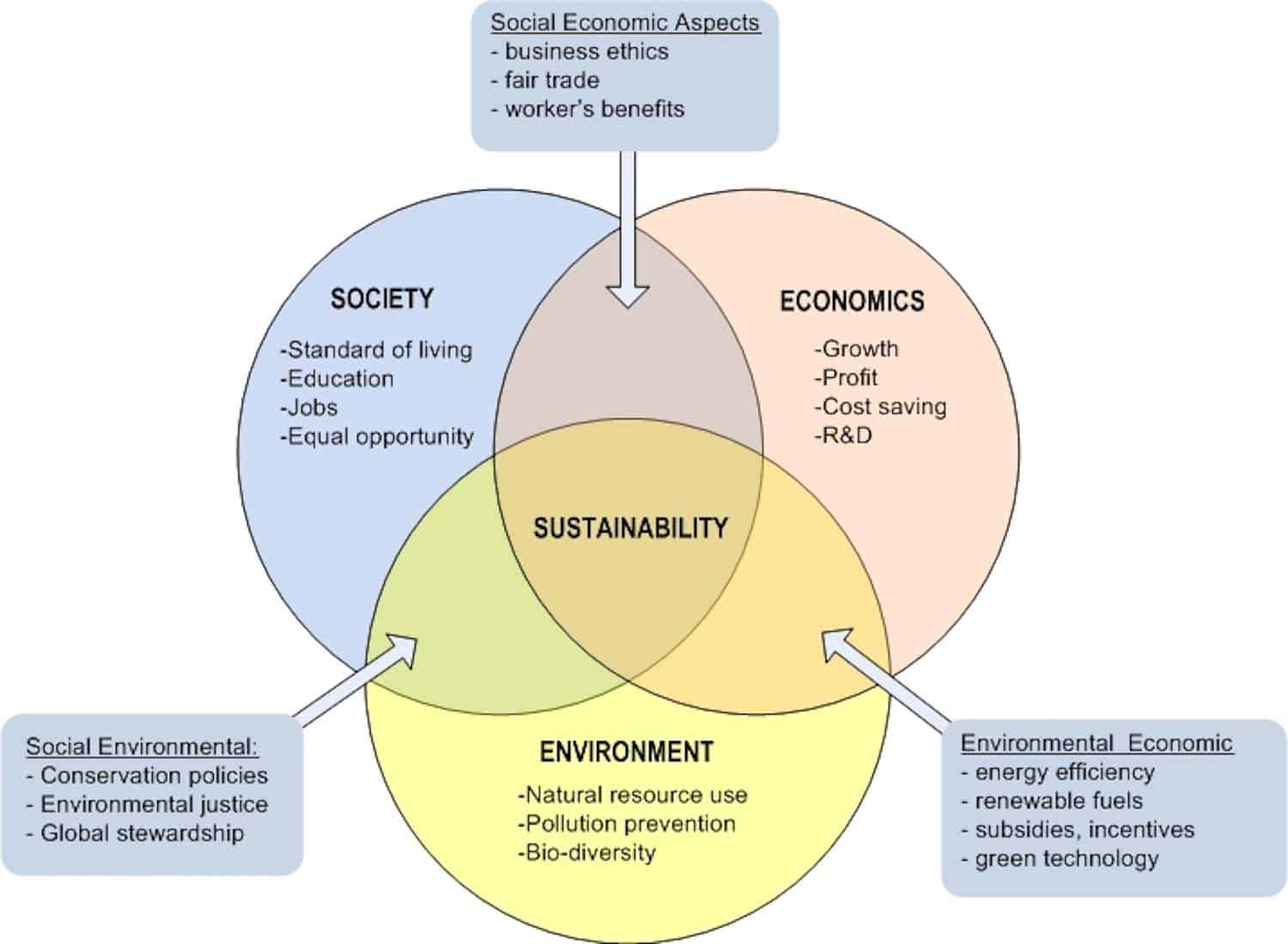
What Impact Does Sustainable Living Have?
Sustainable living is a lifestyle choice that prioritizes reducing our impact on the environment and preserving natural resources for future generations. It encompasses various practices such as conserving energy, reducing waste, and embracing renewable resources. The impact of sustainable living extends beyond individual actions and can have far-reaching effects on the environment, society, and our overall well-being.
Environmental Impact
Living sustainably has a significant positive impact on the environment. By adopting practices such as recycling, reducing energy consumption, and using renewable energy sources, we can minimize our carbon footprint and help combat climate change. Sustainable living also promotes the conservation of natural resources, including water, forests, and wildlife habitats. By consuming less and making conscious choices, we contribute to the preservation of biodiversity and the health of ecosystems.
In addition to reducing greenhouse gas emissions, sustainable living practices also help mitigate pollution. By choosing eco-friendly products and adopting sustainable transportation options like biking or using public transit, we reduce air and water pollution associated with conventional production and transportation methods. Sustainable living encourages the use of organic and natural products, minimizing the release of harmful chemicals into the environment.
Benefits of Sustainable Transportation
Sustainable transportation plays a crucial role in reducing our environmental impact. By opting for public transportation, carpooling, or cycling, we can significantly reduce greenhouse gas emissions and air pollution. These alternatives also promote physical activity, leading to improved personal health and a reduced reliance on fossil fuels. Public transportation systems can be further improved to provide efficient and accessible options for everyone, contributing to more sustainable and livable cities.
The Role of Renewable Energy
Renewable energy sources, such as solar and wind power, are key components of sustainable living. By transitioning from fossil fuels to renewable energy, we can reduce our dependence on finite resources and decrease greenhouse gas emissions. Investing in renewable energy infrastructure not only helps combat climate change but also creates jobs and stimulates economic growth. Sustainable living encourages individuals and communities to explore renewable energy options and support policies that prioritize clean energy production.
Social Impact
Sustainable living has a profound impact on society, fostering positive change in various aspects of our lives. By embracing sustainable practices, we promote social equity and justice. Sustainable living emphasizes the fair distribution of resources, ensuring that everyone has access to clean water, nutritious food, and a healthy environment. It encourages responsible consumption and supports ethical production practices, promoting the well-being of workers and communities.
Empowering Local Communities
One of the key aspects of sustainable living is supporting local economies and communities. By buying locally produced goods and supporting small businesses, we contribute to the growth and resilience of local economies. Sustainable living encourages community engagement and collaboration, fostering social connections and a sense of belonging. By participating in local initiatives and supporting community-led projects, we can create a more sustainable and inclusive society.
The Importance of Education
Education plays a crucial role in promoting sustainable living and creating a more environmentally conscious society. By raising awareness about the impact of our actions and providing knowledge about sustainable practices, we empower individuals to make informed choices. Education encourages critical thinking, innovation, and the development of sustainable solutions to complex environmental challenges. Sustainable living education can be integrated into school curricula, community programs, and workplace initiatives to create a culture of sustainability.
Economic Impact
Sustainable living also has economic implications, influencing various sectors of the economy. By embracing sustainable practices, businesses can reduce costs, improve efficiency, and enhance their reputation. Sustainable products and services are in high demand, providing opportunities for innovation and economic growth. Investing in renewable energy and sustainable infrastructure creates jobs and stimulates economic development. Sustainable living contributes to a more resilient and prosperous economy that takes into account the long-term well-being of people and the planet.
The Rise of Sustainable Businesses
Sustainable businesses are at the forefront of driving positive change. By adopting sustainable practices, businesses can reduce their environmental impact, attract environmentally conscious consumers, and enhance their brand image. Sustainable businesses prioritize responsible sourcing, ethical production, and waste reduction. They contribute to the circular economy by designing products that can be recycled or repurposed, minimizing waste and promoting resource efficiency. The growth of sustainable businesses contributes to a more sustainable and resilient global economy.
The Role of Sustainable Investments
Sustainable living extends to the realm of finance, with an increasing focus on sustainable investments. Investors are recognizing the importance of aligning their portfolios with environmental, social, and governance (ESG) criteria. Sustainable investments support companies that prioritize sustainability and contribute to positive social and environmental outcomes. By directing capital towards sustainable initiatives, investors can drive change and promote a more sustainable and inclusive economy.
In conclusion, sustainable living has a profound impact on the environment, society, and the economy. By adopting sustainable practices, we can reduce our environmental footprint, promote social equity, and contribute to economic growth. The benefits of sustainable living extend beyond individual actions and have the potential to create a more sustainable and resilient future for all. Embracing sustainable living is not only necessary for the well-being of the planet but also offers numerous personal and societal benefits. Let us all make a conscious effort to embrace sustainable living and create a better world for future generations.
Key Takeaways: What Impact Does Sustainable Living Have?
- Sustainable living helps protect the environment by reducing waste and conserving resources.
- It promotes healthier lifestyles by encouraging organic and locally sourced food.
- Sustainable living can save money in the long run by reducing energy and water consumption.
- It supports social equity by focusing on fair trade and ethical labor practices.
- By adopting sustainable habits, we can contribute to a greener and more sustainable future for ourselves and future generations.
Frequently Asked Questions
How does sustainable living impact the environment?
Sustainable living has a profound impact on the environment. By adopting sustainable practices, such as reducing waste and conserving resources, we can minimize our carbon footprint and reduce greenhouse gas emissions. For example, using renewable energy sources like solar or wind power instead of fossil fuels helps to mitigate climate change. Additionally, sustainable living promotes the protection of natural habitats and biodiversity, ensuring the preservation of ecosystems for future generations.
Furthermore, sustainable living practices contribute to the conservation of water resources. By reducing water consumption and implementing efficient irrigation systems, we can prevent water scarcity and protect aquatic ecosystems. Sustainable living also emphasizes the use of organic farming methods, which avoid harmful pesticides and promote soil health, leading to healthier ecosystems and cleaner water sources.
What are the social benefits of sustainable living?
Sustainable living not only benefits the environment but also has significant social advantages. One of the main benefits is improved public health. By reducing pollution and minimizing exposure to harmful substances, sustainable living helps to create cleaner air and water, resulting in better overall health for individuals and communities. Additionally, sustainable practices often promote active transportation, such as walking or cycling, which leads to increased physical activity and improved well-being.
Sustainable living also fosters stronger communities. Practices such as community gardens, shared spaces, and local food production encourage collaboration and social interaction among residents. This sense of community creates a support network, enhances social cohesion, and improves the overall quality of life. Moreover, sustainable living often emphasizes fair trade and ethical consumption, which can lead to better working conditions, fair wages, and improved livelihoods for workers in developing countries.
How does sustainable living impact the economy?
Sustainable living has a positive impact on the economy in various ways. One significant aspect is the creation of green jobs. As the demand for renewable energy, energy-efficient technologies, and sustainable products and services increases, new employment opportunities are generated. These jobs contribute to economic growth and provide stable, long-term employment prospects.
Furthermore, sustainable living practices can lead to cost savings for individuals, businesses, and governments. By reducing energy consumption, implementing efficient waste management systems, and adopting sustainable transportation options, expenses related to utilities and resource consumption can be minimized. This frees up resources that can be redirected towards other economic activities, promoting innovation and investment in sustainable industries.
What impact does sustainable living have on future generations?
Sustainable living plays a crucial role in securing a better future for generations to come. By adopting sustainable practices, we can conserve natural resources, reduce pollution, and mitigate climate change. This ensures that future generations will have access to clean air, water, and a healthy environment. Sustainable living also promotes a sense of responsibility towards the planet, instilling values of conservation and environmental stewardship in younger generations.
Moreover, sustainable living practices help to create a more resilient society. By implementing sustainable infrastructure, such as renewable energy systems and climate-adaptive buildings, we can better withstand the impacts of climate change. This includes reducing the vulnerability of communities to extreme weather events and ensuring access to essential resources during times of crisis. By adopting sustainable living practices today, we are laying the foundation for a better and more sustainable future for our children and grandchildren.
How can individuals contribute to sustainable living?
Individuals can make a significant impact on sustainable living through simple everyday actions. One of the most important steps is to reduce energy consumption by using energy-efficient appliances, turning off lights when not in use, and optimizing heating and cooling systems. Conserving water by taking shorter showers, fixing leaks, and using water-saving fixtures is another effective way to contribute.
Additionally, individuals can reduce waste by practicing recycling, composting organic materials, and choosing products with minimal packaging. Sustainable transportation choices, such as using public transportation, carpooling, or cycling, can also greatly reduce carbon emissions. Supporting local and sustainable food systems by buying from farmers’ markets or growing one’s own food is another way individuals can contribute to sustainable living. Ultimately, it is the cumulative effect of individual actions that can create a significant positive impact on the environment and promote a more sustainable future.
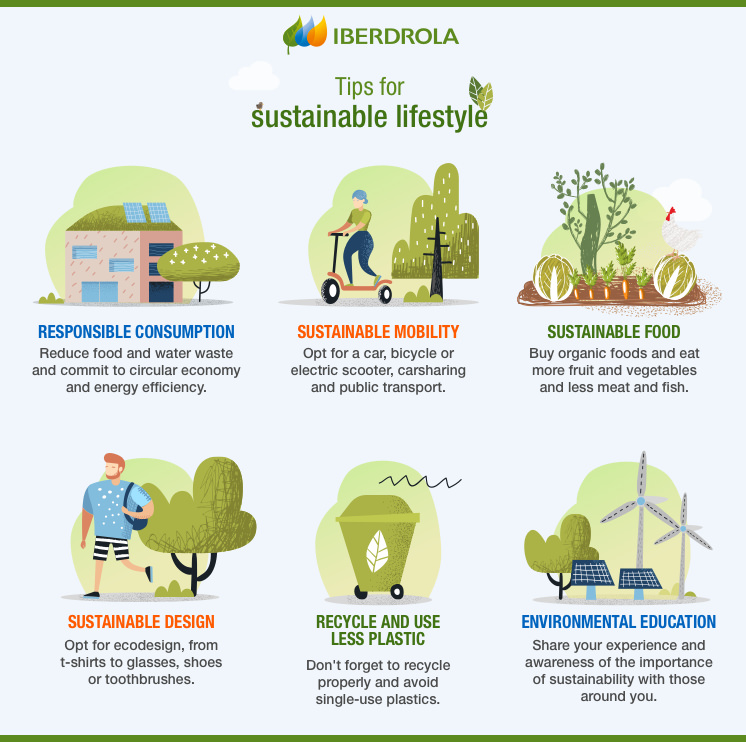
Sustainability in everyday life | Sustainability
Final Summary: The Impact of Sustainable Living
So, what impact does sustainable living really have? Well, let me tell you, it’s not just a passing trend or a buzzword. Sustainable living is a lifestyle choice that has far-reaching effects on our environment, society, and even our individual well-being.
When we choose to live sustainably, we are making a conscious effort to minimize our carbon footprint and reduce our impact on the planet. By adopting practices such as recycling, conserving energy, and using eco-friendly products, we contribute to mitigating climate change and preserving our natural resources for future generations.
But the impact of sustainable living goes beyond environmental benefits. It also has social and economic implications. Sustainable practices promote social equity, as they prioritize fair trade, ethical labor practices, and community empowerment. By supporting local businesses and choosing sustainable products, we contribute to the growth and well-being of our communities.
Furthermore, sustainable living can have a positive impact on our own well-being. By simplifying our lives, focusing on what truly matters, and embracing a more mindful approach, we can experience a sense of fulfillment and happiness. Living in harmony with nature and making conscious choices aligns our values with our actions, giving us a greater sense of purpose and connection.
In conclusion, sustainable living has a profound impact on our planet, society, and personal lives. By embracing this lifestyle, we not only protect and preserve our environment but also contribute to a more equitable and fulfilling

